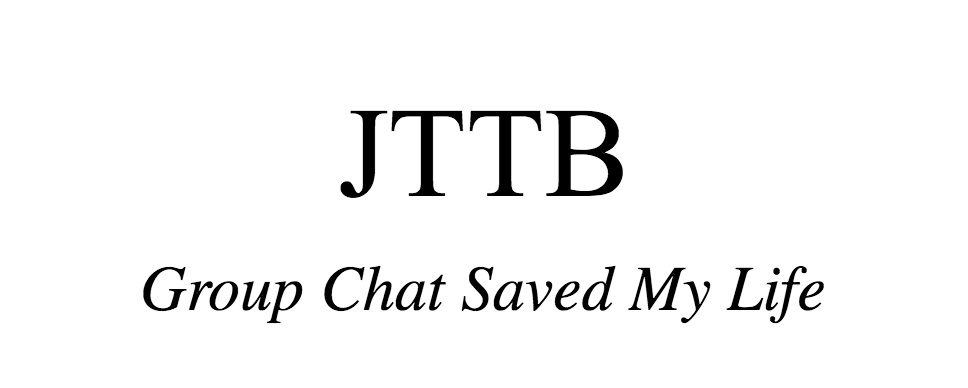Quarantine, Shopping, and Identity
On Sunday I purchased an overshirt from Dehen 1920. It’s the first item of clothing I’ve purchased since early March, before quarantine and work from home started in NYC. While not indulging on fashion for two and a half months might be common for many, for me it was an interesting experiment.
I am by no means a fashion addict, but I’ve often felt the impulse to “keep up” with the trends of the rest of the world. Whether it’s the latest hyped new brand or a new season of an old favorite, purchasing an item feels natural— almost as a way of defining myself.
Once you partake in an activity for a long time, it becomes part of your identity. You become a soccer player, book reader, drinker, etc. This identity is not just for you, but for the rest of the world. Sociologist Erving Goffman, in his influential The Presentation of Self in Everyday Life, uses the metaphor of theatrics to describe how we interact with each other. One aspect is having a pre-existing “role” and “costume” with which an actor can establish better social cohesion. Giving yourself and the people around you a label makes it easier to navigate social interactions. The problem arises when your identity is tied to consumerism.
I often feel like I probably should get something from each new season from Noah, because, well, I’m a fan of Noah, right? While I’d never purchase clothes I don’t like, many items I own started with an “I should get this because it feels like something I’d own” train of thought, which is not an intentional way to live. Wasting money is bad enough, but the loss of agency you feel when you purchase without thinking through is often embarrassing.
The good news is that identities are like habits— once you stop engaging in them, they go away. Being stuck at home for almost three months has had plenty of negative effects on me. But at the same time, I’ve had space to rethink a lot of assumptions about myself and my approach to clothing and shopping.
Don’t get me wrong— I still like clothes. After all, I just bought a $276 overshirt (to be fair, sales I’ve made recently covered most of the cost). But the shift from “I’m a clothing fan” to “I am a person who likes clothes” that I’ve made has ironically improved my appreciation. I had no idea what Dehen 1920 was until a few days before the purchase. I didn’t need a fancy lookbook or someone on Instagram to approve of it for me. My organic interest in the brand and its history was enough.
With many states and cities reopening in the coming weeks, I encourage you to rethink assumptions about yourself that may not be relevant anymore. And don’t worry, a review of the overshirt is coming.


